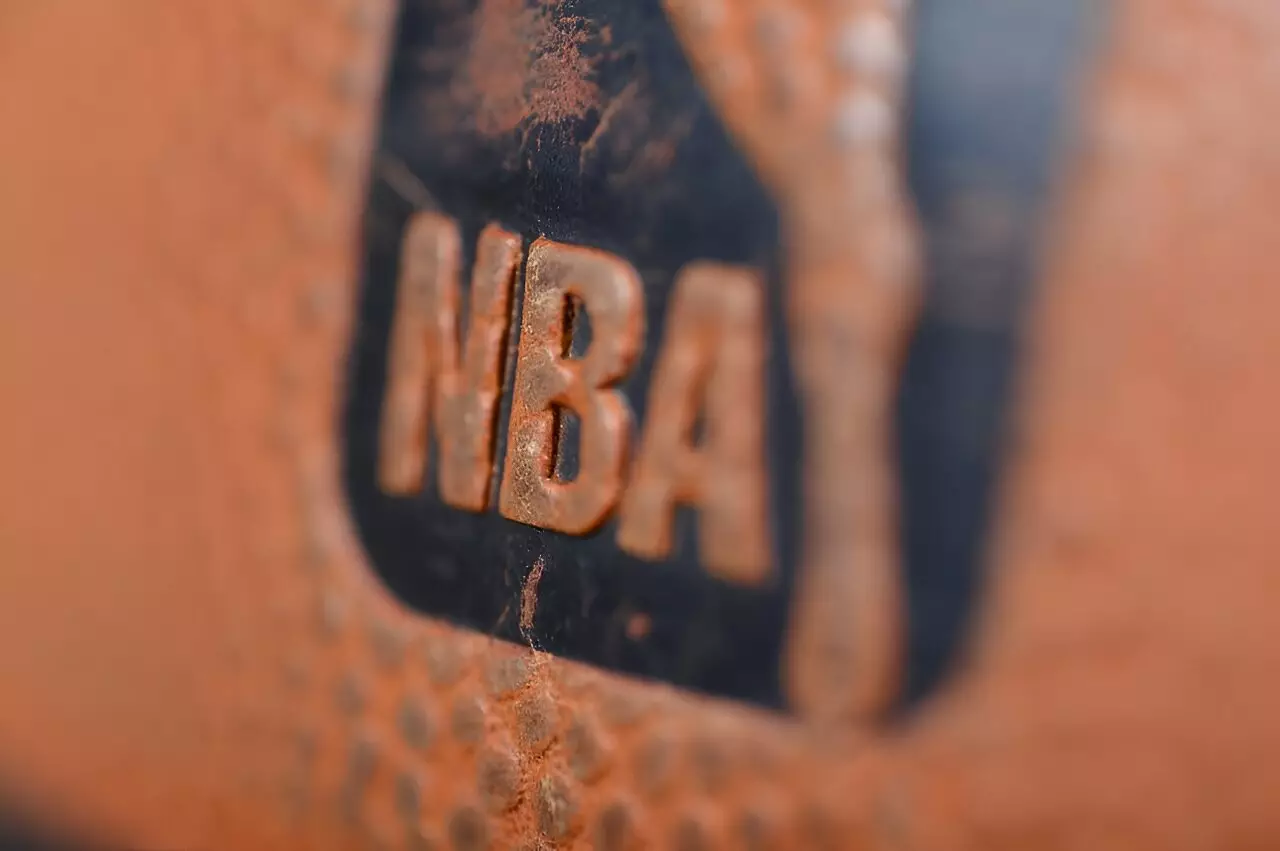Warner Brothers Discovery took a bold step by filing a lawsuit against the NBA for allegedly breaking a contract. The entertainment company accused the US professional basketball league of refusing a new media rights deal that Warner Brothers Discovery had matched with a substantial offer of $1.8 billion a year. The lawsuit was filed in New York Supreme Court after the NBA signed new 11-year rights deals, worth almost $76 billion, with The Walt Disney Company, NBCUnivesal, and Amazon Prime Video.
Despite Warner Brothers Discovery’s efforts to match Amazon’s offer, the NBA rejected their deal, citing that the terms did not align with the terms of the offer from Amazon. This decision marked the end of a long-standing relationship between Warner Brothers Discovery and the NBA, which had begun in 1984. The new deals arranged for extensive NBA coverage on Disney’s ESPN and ABC, NBC, and streaming coverage on Amazon, in addition to assigning specific global rights to each of the media companies.
TNT Sports, a division of Warner Brothers Discovery, released a statement expressing their belief that taking legal action was necessary to enforce their rights and protect the interests of NBA fans who enjoy their content. Former NBA star and TNT host Charles Barkley also weighed in on the situation, suggesting that the NBA chose money over loyalty to TNT. Barkley lamented the decision, stating that it was evident that the league had intended to cut ties with TNT from the beginning, favoring tech companies like Amazon who were willing to pay top dollar for broadcasting rights.
Barkley’s statement implied that the NBA’s decision was solely driven by financial considerations, neglecting the loyalty and support of fans who have tuned in to TNT for years. He expressed disappointment in the league’s choice and commended TNT employees for their hard work and dedication. Barkley’s parting words thanked the NBA and its fans, recognizing them as some of the most passionate supporters in sports.
Warner Brothers Discovery’s legal action against the NBA highlights the competitive nature of securing media rights deals in the sports industry. The clash between traditional broadcasters like TNT and emerging digital platforms like Amazon underscores the evolving landscape of sports broadcasting and the challenges that media companies face in staying ahead of the curve. The outcome of this lawsuit will undoubtedly have repercussions for the future of NBA coverage and the relationships between sports leagues and media partners.


Leave a Reply